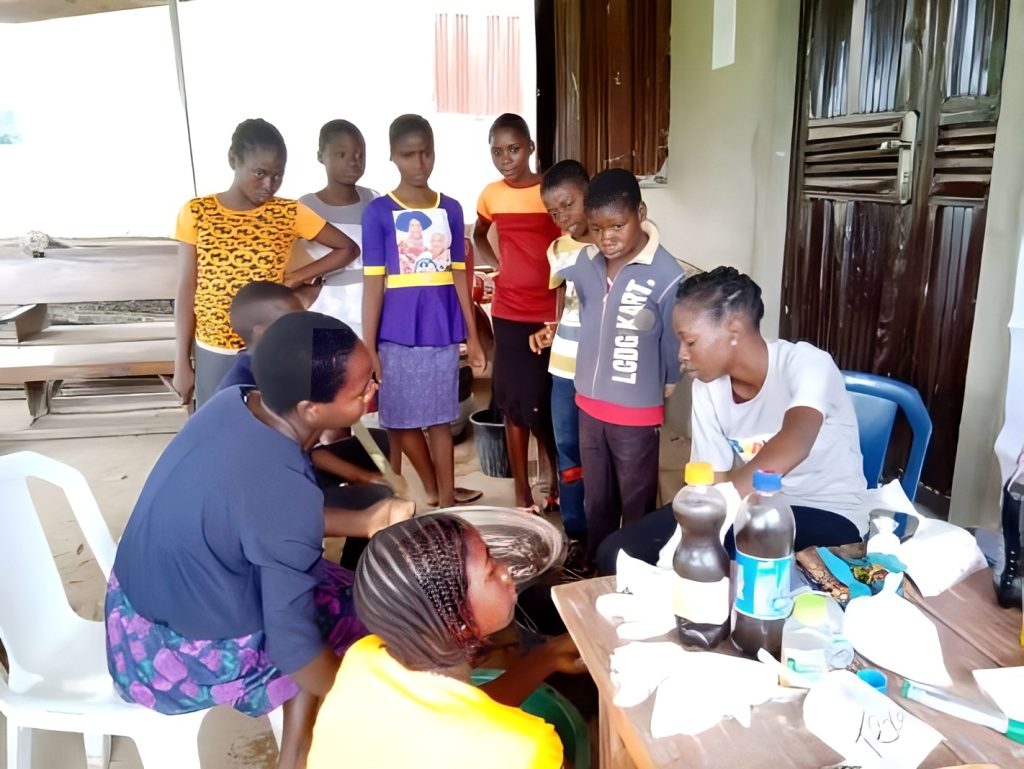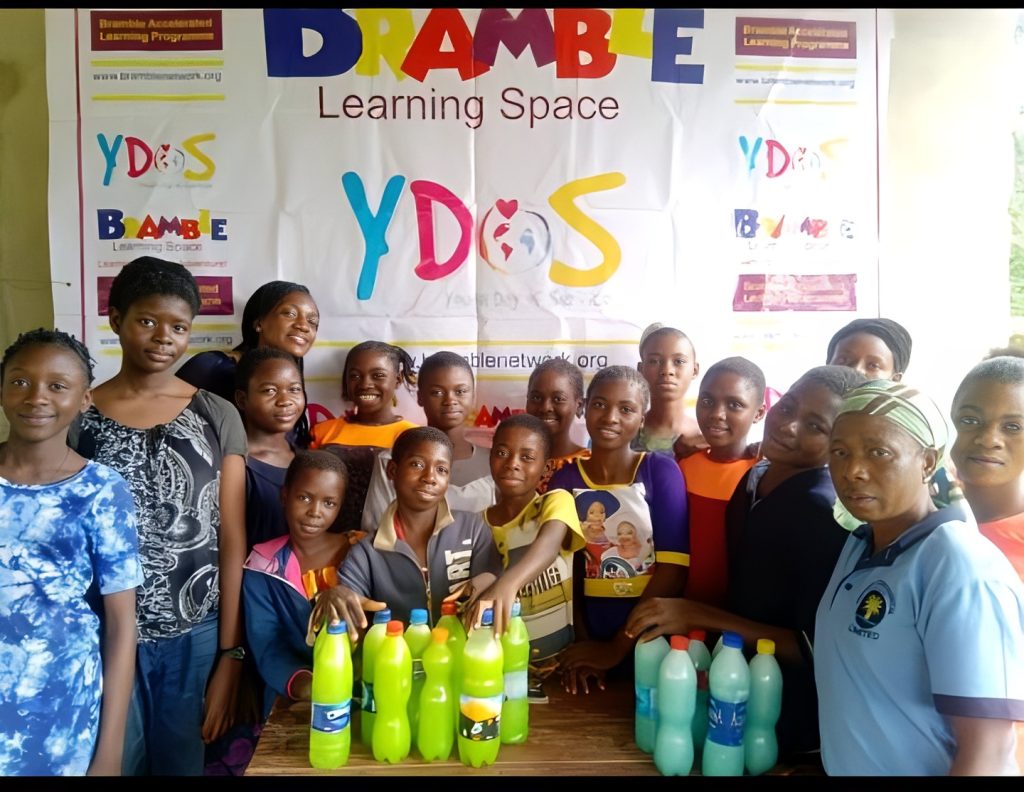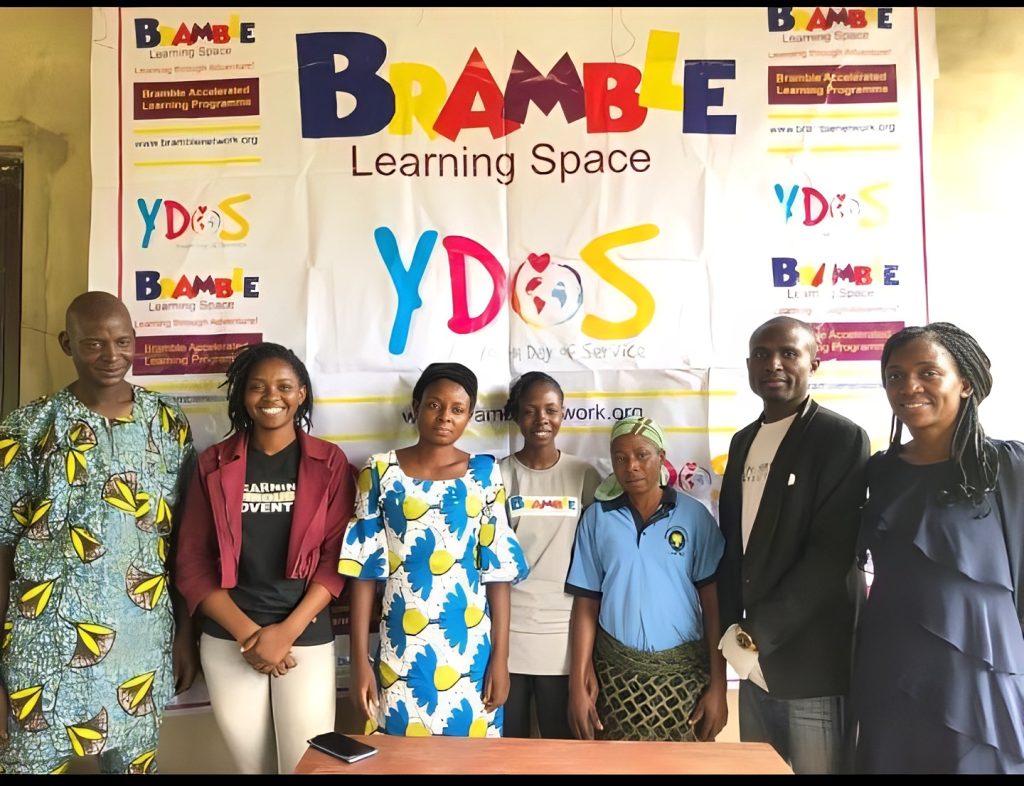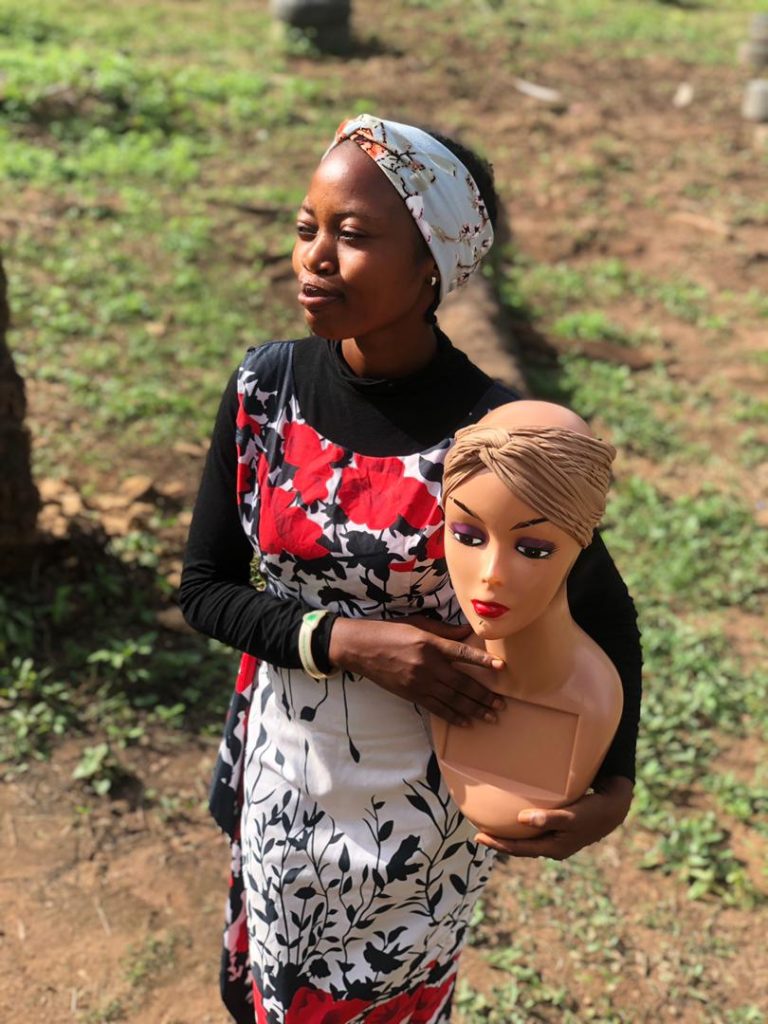Arikanki Wash Project

The Arikanki WASH project was launched by Bramble Learning Network in an effort to achieve Sustainable Development Goal 3, which is concerned with health and well-being. This innovative project sought to solve the rural community of Arikanki’s lack of access to necessary hygiene supplies. The project aimed to not only enhance the general health of the community but also to provide sustainable income prospects by empowering women and giving them the necessary skills.
An extensive investigation carried out in Arikanki revealed a clear problem: the lack of a nearby market where the villagers could easily buy soap and other necessities for washing clothes and utensils. The community’s women also lacked reliable means of income. This insight became the motivating factor for Arikanki Wash Project.
The project’s main goals were to empower women and girls, improve community health practices, and give women and girls a stable source of income. Women and young people living in rural areas who had few possibilities for economic independence and had trouble getting basic hygiene supplies were the target audience.
Several resources were used over the course of the project’s two-week schedule. These materials included bowls, izal materials, liquid soap ingredients, distilled water, plastic bottles, and more. Workshops were held to teach the ladies the essential skills so they could make their own soap and antiseptics. The women were able to supply their fellow community members while also becoming producers and gaining access to necessary hygiene items.


The Arikanki WASH project’s impact was evaluated by compiling testimonies from the women who attended the program. These testimonies emphasized the project’s success in bringing about good changes. Some participants even reported being able to afford higher-quality products to assist their general health. Participants reported finding new sources of income. Five volunteers also gained indirect benefit from the project by learning how to make antiseptics and liquid soap.
The Arikanki WASH initiative had issues with community awareness and resource mobilization. Active community participation was highlighted as a means of overcoming these challenges, ensuring community members’ involvement and cooperation. To better understand the needs of the community, a thorough survey was done, which allowed the project team to adjust their strategy.
The project directly helped about 30 women and 12 teenagers learn how to make soap and antiseptics, which helped them improve their financial situations and the health of the community as a whole. In addition, five volunteers who worked on the project inadvertently learned useful information.
Peace First organization provided financing for the Arikanki WASH project. Their assistance made it possible for the project to be completed, ensuring that the women of Arikanki had access to the tools and training they required.
The Arikanki WASH project is a ray of light for a community that is struggling due to a lack of basic hygiene supplies and employment possibilities. The project’s goal was to give women the tools they needed to make soap and antiseptics, and by doing so, it also enhanced the community’s health and wellbeing.
This project was led by Bolade Ajimisogbe, a seasoned rural educator and the Learning Manager at Nigeria’s first Alternative Learning Centre- Bramble Network. Bolade is passionate about rural education and girl’s empowerment and she’s actively living out her passion through the various empowerment initiatives she supports.
Train the Girls, Train the Society
“Train the Girls, Train the Society” is an entrepreneurship project led by Omoyemi Adeayo from Bramble Network. This initiative focuses on empowering girls in Arikanki village in Nigeria and its environs by teaching them how to create basic fashion materials using needles and thread. By fostering their creativity and financial independence, the project aims to bring about positive change in the lives of these girls. The project’s primary objective is to raise financially independent girls in Arikanki and its surrounding communities, providing them with valuable skills and resources for personal and economic growth.
This recurring day project spans three months, allowing consistent training and support for the girls to develop their skills and confidence. The project targets girls from Arikanki village and neighboring areas, offering them a platform to express themselves creatively and cultivate their entrepreneurial spirit. The project utilizes simple tools like needles and thread, along with beautiful fabrics to enhance the quality of the fashion accessories created. An experienced trainer guides the girls, ensuring comprehensive instruction and support.

The project’s impact is measured through positive changes in the girls’ lives, including the development of their creativity and their ability to support their families through the profits generated from sales. One challenge faced was the girls’ farming responsibilities, which limited their availability for training. To overcome this, sessions were carefully scheduled during their free time. Additionally, obtaining parental consent was addressed with the support of the community head.
Over 50 girls directly benefited from the project in Arikanki, with an additional 20 girls indirectly impacted in neighboring communities.The project received funding from Bramble Network, which supported the provision of resources and sustained its operations.The project aims to hold annual initiatives, allowing more girls to realize their potential and contribute to their families’ growth.
“Train the Girls, Train the Society” has empowered girls in Arikanki village and its environs by equipping them with entrepreneurial skills. By fostering their financial independence and creativity, the project has brought about positive transformations in their lives. The goal is to continue inspiring more girls to believe in themselves and create a brighter future for their communities.
This project was led by Omoyemi Adeayo, a Language Art catalyst at Bramble Network. She is a creative writer, social developer, and a tenacious rural educator. Omoyemi finds joy in educating children in rural communities and she proudly says she’s destined to cause change in underserved communities.